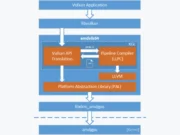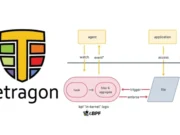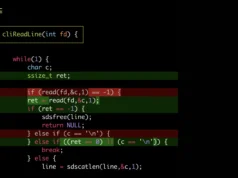Smap is a replica of Nmap which uses shodan.io’s free API for port scanning. It takes same command line arguments as Nmap and produces the same output which makes it a drop-in replacement for Nmap.
Features
- Scans 200 hosts per second
- Doesn’t require any account/api key
- Vulnerability detection
- Supports all nmap’s output formats
- Service and version fingerprinting
- Makes no contact to the targets
Installation
Binaries
You can download a pre-built binary from here and use it right away.
Manual
go install -v github.com/s0md3v/smap/cmd/smap@latest
Confused or something not working? For more detailed instructions, click here
AUR pacakge
Smap is available on AUR as smap-git (builds from source) and smap-bin (pre-built binary).
Usage
Smap takes the same arguments as Nmap but options other than -p, -h, -o*, -iL are ignored. If you are unfamiliar with Nmap, here’s how to use Smap.
Specifying targets
smap 127.0.0.1 127.0.0.2
You can also use a list of targets, seperated by newlines.
smap -iL targets.txt
Supported formats
1.1.1.1 // IPv4 address
example.com // hostname
178.23.56.0/8 // CIDR
Output
Smap supports 6 output formats which can be used with the -o* as follows
If you want to print the output to terminal, use hyphen (-) as filename.
Supported formats
oX // nmap’s xml format
oG // nmap’s greppable format
oN // nmap’s default format
oA // output in all 3 formats above at once
oP // IP:PORT pairs seperated by newlines
oS // custom smap format
oJ // json
Note: Since Nmap doesn’t scan/display vulnerabilities and tags, that data is not available in nmap’s formats. Use -oS to view that info.
Specifying ports
Smap scans these 1237 ports by default. If you want to display results for certain ports, use the -p option.
smap -p21-30,80,443 -iL targets.txt

















.png)








.png)
